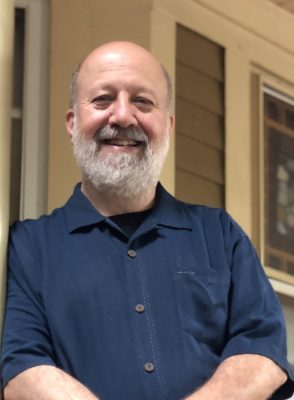5 Tips to Protect Your Health and Prepare for Worsening Air Conditions
The smoke from more than 100 Canadian wildfires is reaching many regions within the U.S., including as far south as Georgia. Air quality is deteriorating in the Midwest, Great Lakes and Northeast, prompting health advisories in many cities. In Canada, more than 25,000 residents across three provinces have been evacuated due to the worsening air conditions.
The Syracuse University Center of Excellence in Environmental and Energy Systems (SyracuseCOE) is advising residents to take simple steps to protect indoor air quality and personal health in the event of increased smoke levels.
Ian Shapiro, professor and associate director of building science and community programs at Syracuse University, provides air quality recommendations below which can be quoted directly. He is also available for interview.
“Get ready ahead of time by purchasing or borrowing a HEPA air cleaner and/or a higher-efficiency furnace filter, and masks for going outdoors.” — Professor Ian Shapiro, Syracuse University
Recommendations include:
-
Use Air Cleaners With HEPA Filters: Portable air cleaners equipped with HEPA filters can significantly reduce airborne particulate concentrations within minutes.
-
Run HVAC Fan Continuously: If your home has a forced-air heating or cooling system, locate the thermostat setting labeled “Fan” and switch it from “Auto” to “On.” This will continuously circulate indoor air through the system’s filter, removing particulates. This practice is safe and effective year-round. This is significantly more effective if your system has a high-efficiency filter, such as a filter rated “MERV 13” or higher. If not, consider at least installing a filter rated “MERV 11”, instead of a standard efficiency filter.
-
Close Windows and Doors: Keep all windows and doors shut to minimize the entry of outdoor smoke into your home during smoky conditions.
-
Limit Use of Exhaust Fans: While bathroom and kitchen exhaust fans remove moisture and cooking fumes, they also pull outdoor air into the house. During wildfire smoke events, limit their use to reduce the intake of contaminated air.
-
Wear a Mask Outdoors: When spending time outside, especially if air quality worsens, wear a well-fitting mask to help filter inhaled particles.
The Syracuse University Center of Excellence, led by Jianshun “Jensen” Zhang, conducts cutting-edge research on indoor and outdoor air quality. The center is currently monitoring air quality across multiple locations in downtown Syracuse and continues to provide science-based guidance to the community.
To learn more or to set up interviews, contact:
Daryl Lovell
Associate Director of Media Relations
University Communications
M 315.380.0206
dalovell@syr.edu



